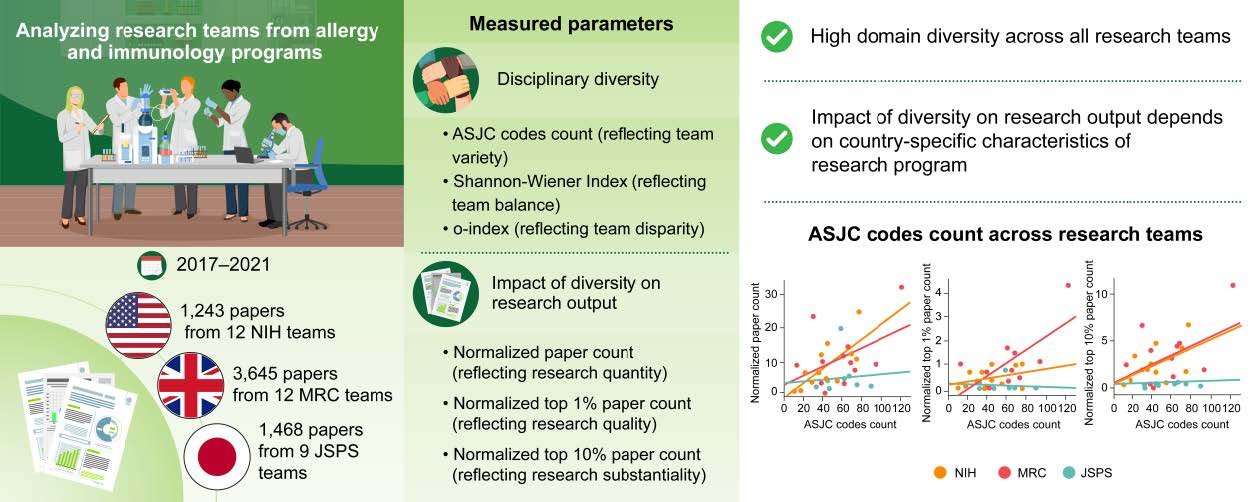2024-12-11 コロンビア大学
<関連情報>
- https://www.cuimc.columbia.edu/news/antidepressants-may-act-gut-reduce-depression-and-anxiety
- https://www.gastrojournal.org/article/S0016-5085(24)05751-2/abstract
腸脳相互作用と気分障害の治療における新規ターゲットとしての腸上皮セロトニン Intestinal Epithelial Serotonin as a Novel Target for Treating Disorders of Gut-Brain Interaction and Mood
Lin Y. Hung∙ Nuno D. Alves∙ Andrew Del Colle∙ … ∙ Larissa Takser∙ Mark S. Ansorge∙ Kara Gross Margolis
Gastroenterology Published:December 11, 2024
DOI:https://doi.org/10.1053/j.gastro.2024.11.012
Graphical abstract
Abstract
Background & Aims
Mood disorders and DGBI are highly prevalent, commonly co-morbid and lack fully effective therapies. Although SSRIs are first line pharmacological treatments for these disorders, they may impart adverse effects including anxiety, anhedonia, dysmotility and, in children exposed in utero, an increased risk of cognitive, mood and gastrointestinal disorders. SSRIs act systemically to block SERT and enhance serotonergic signaling in the brain, intestinal epithelium and enteric neurons. Yet, the compartments that mediate the therapeutic and adverse effects of SSRIs are unknown, as is whether gestational SSRI exposure directly contributes to human DGBI development.
Methods
We utilized transgenic, surgical, and pharmacological approaches to study the effects of intestinal epithelial SERT or serotonin on mood and gastrointestinal function, as well as relevant communication pathways. We also conducted a prospective birth cohort study to assess effects of gestational SSRI exposure on DGBI development.
Results
SERT ablation targeted to the intestinal epithelium promoted anxiolytic and anti-depressive-like effects without causing adverse effects on the gastrointestinal tract or brain; conversely, epithelial serotonin synthesis inhibition increased anxiety and depression-like behaviors. Afferent vagal pathways were found to be conduits by which intestinal epithelial serotonin affects behavior. In utero SSRI exposure is a significant and specific risk factor for development of the DGBI, functional constipation, in the first year of life, irrespective of maternal depressive symptoms.
Conclusion
These findings provide fundamental insights into how the gastrointestinal tract modulates emotional behaviors, reveal a novel gut-targeted therapeutic approach for mood modulation and suggest a new link in humans between in utero SSRI exposure and DGBI development.



